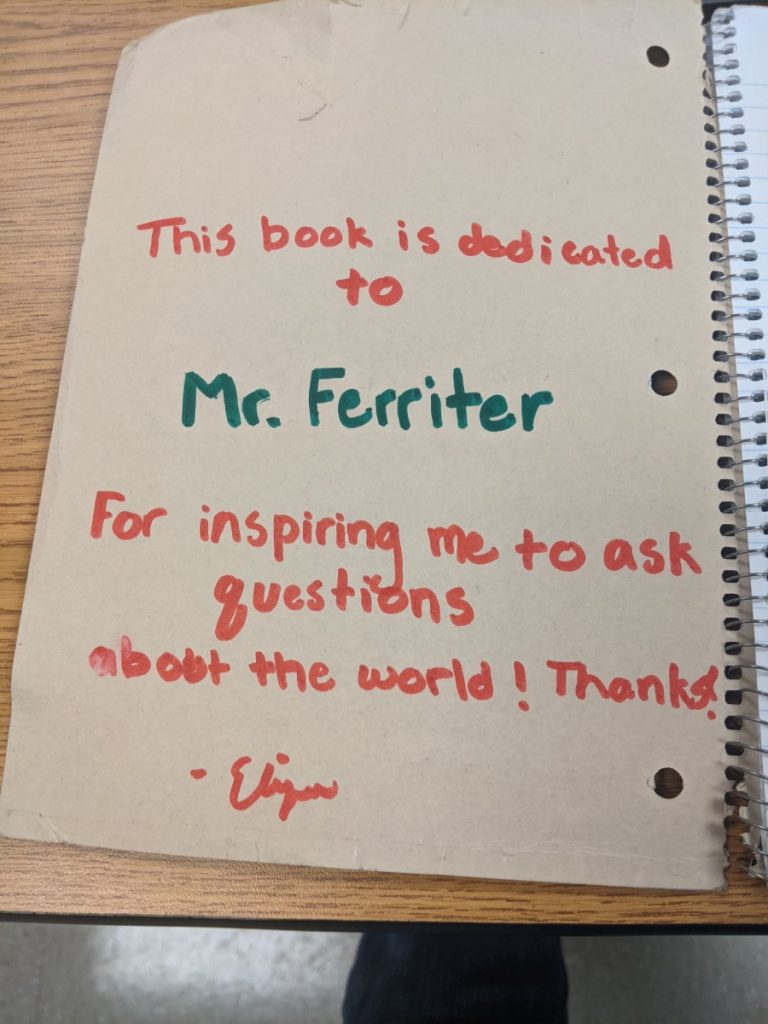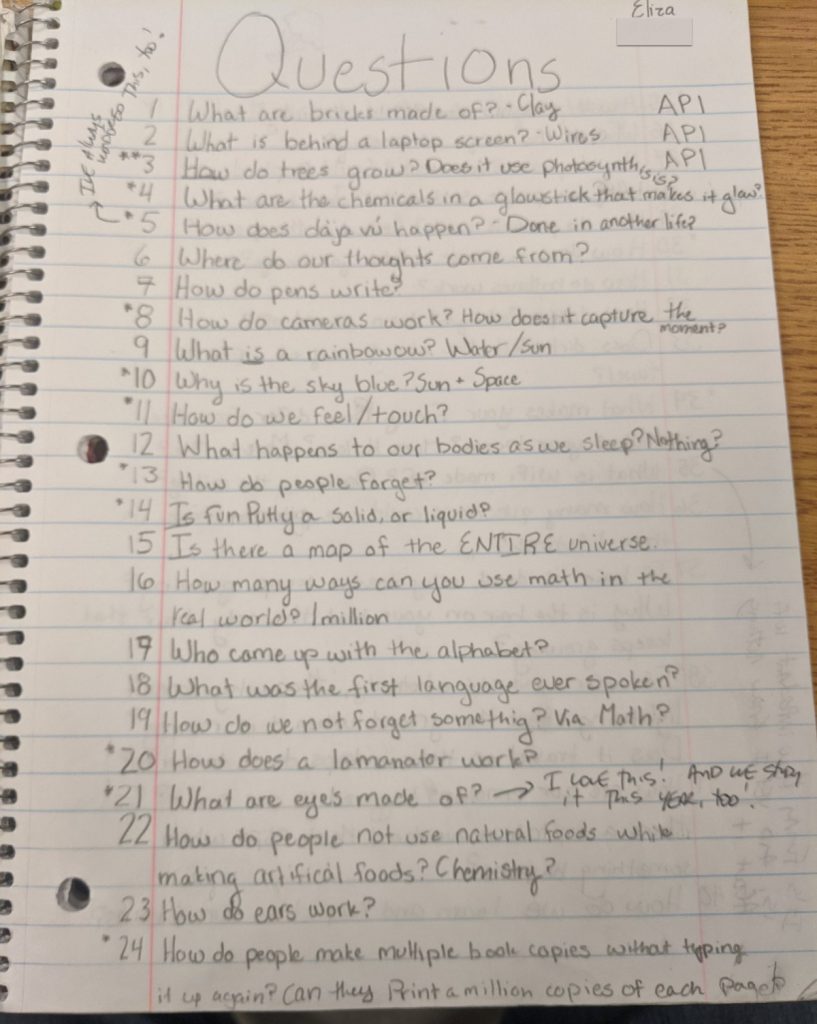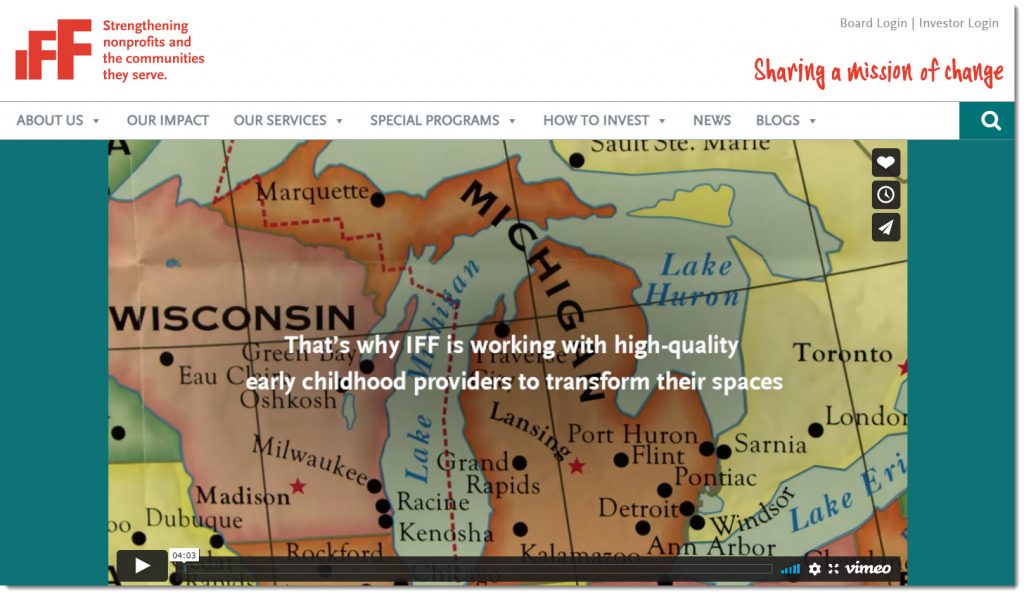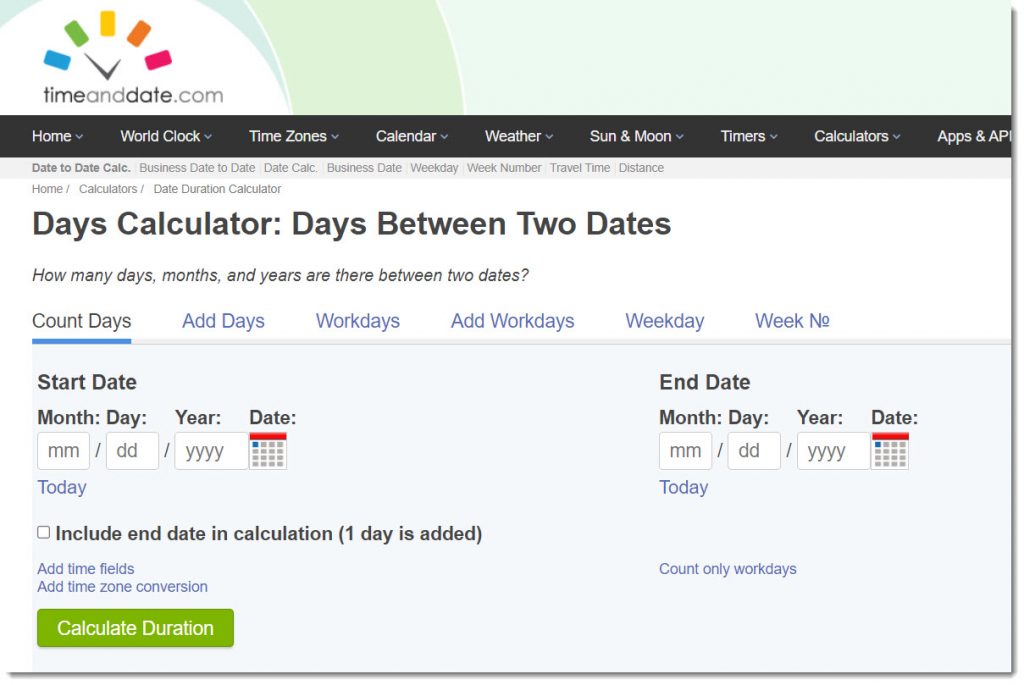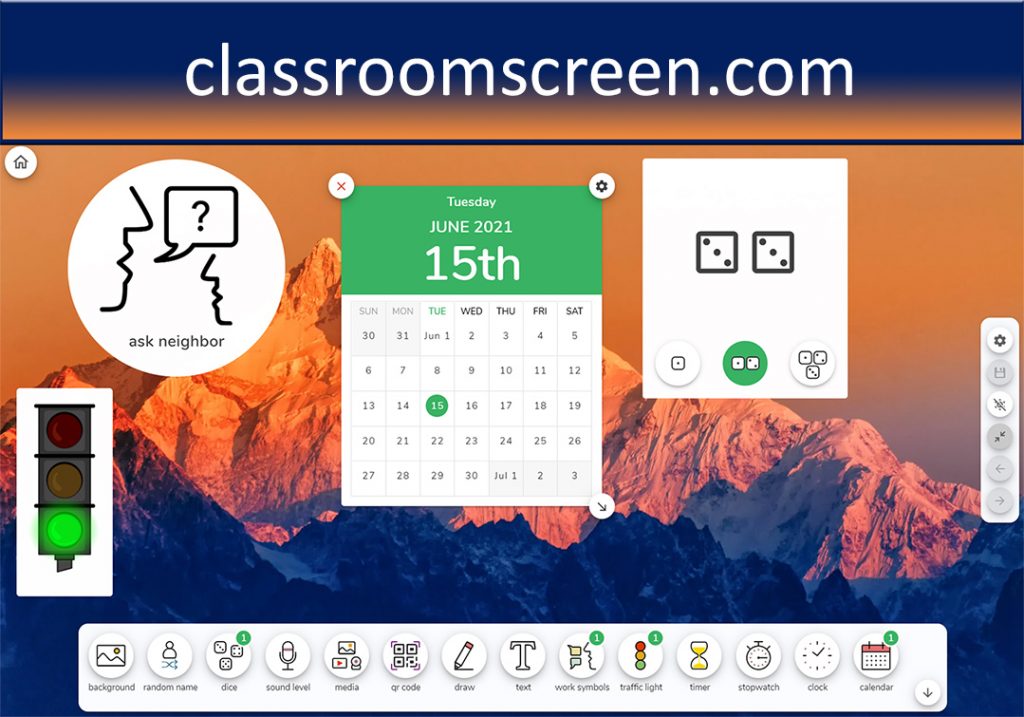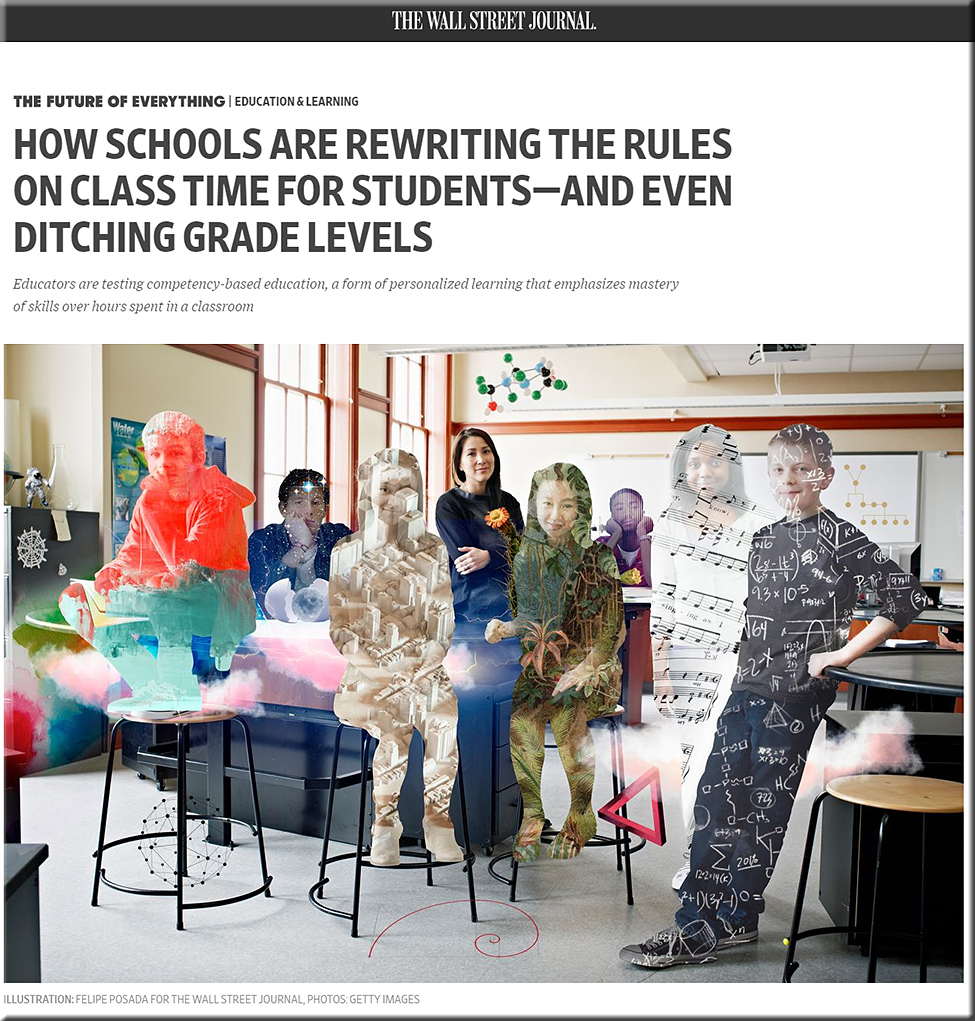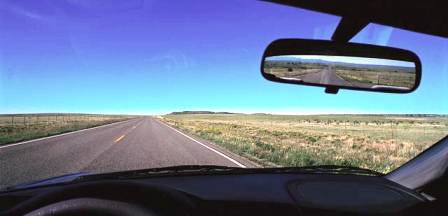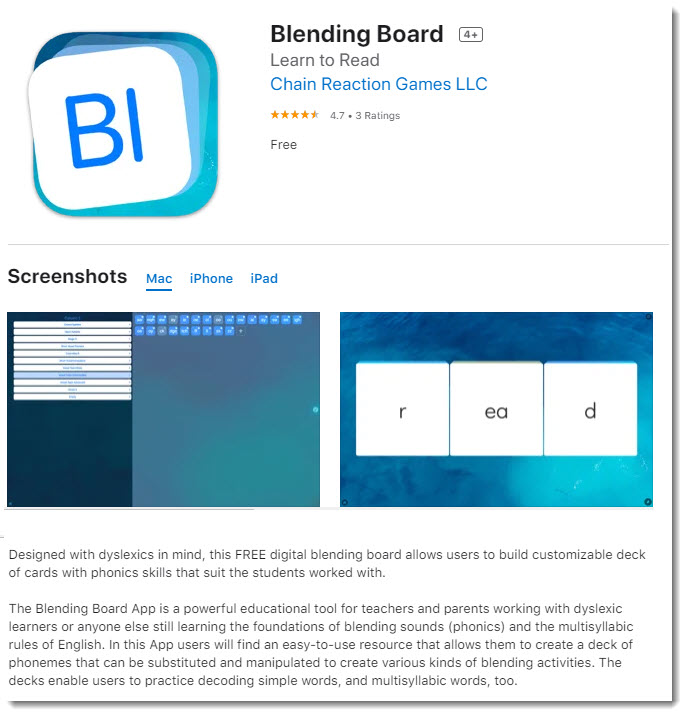Teacher Tips: Starting the Year with Station Rotation — from catlintucker.com by Caitlin Tucker
Excerpt:
In an effort to reimagine the first weeks of school, I decided to use the station rotation model to encourage my new students to interact with one another and learn about our class. I designed a collection of stations to encourage them to explore expectations for conduct, course requirements, goal setting, what it means to collaborate, etc. The results were incredible! I was able to breathe and enjoy the relaxing, student-centered atmosphere I had created. Instead of standing at the front of the room talking at them, students worked independently and collaboratively on the tasks at various stations. I was freed to circulate, facilitate, and connect with my students.









